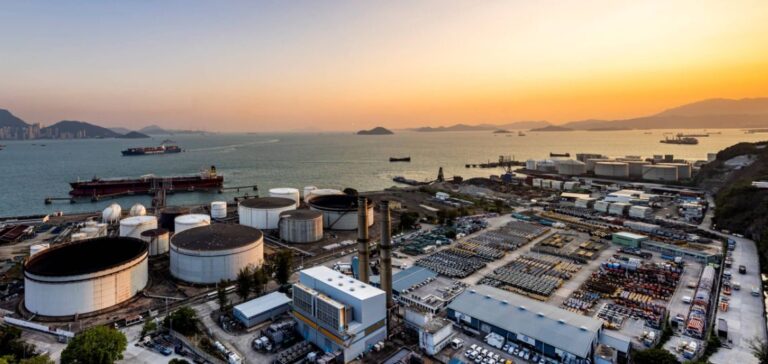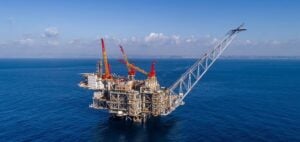Demand for high sulfur fuel oil (HSFO) in Hong Kong slowed in November, leading to a decline in ex-wharf contract premiums for this fuel, according to several market sources. These premiums, applied to HSFO 380 CST cargoes delivered in November to Hong Kong, ranged from 32 to 40 dollars per metric ton above the FOB (Free on Board) Singapore cargo value, down from a range of 35 to 40 dollars per metric ton in October.
One of the primary reasons for this decrease lies in the weakening demand for HSFO at the Hong Kong port, where market conditions have deteriorated over recent months. Despite stable long-term contracts, spot demand for heavy fuel oil is down, as noted by a Hong Kong-based trader.
Impact of Reduced Production and Increased Costs
In addition to decreasing demand, a reduction in HSFO production has also contributed to the situation. Due to declining profit margins, some refineries have decided to redirect resources to producing other, more profitable refined products, reducing the availability of HSFO. A Hong Kong fuel supplier indicated that the rising production costs discourage producers from continuing to supply the market. This drop in supply could potentially lead to stock shortages in the coming months.
Normalization of Weather Conditions in China
Previously, the Hong Kong HSFO market had benefited from severe weather conditions in China’s Zhoushan hub, which had caused outer anchorages to close and disrupted barging operations at the port. This situation temporarily increased demand for HSFO in Hong Kong as shipowners sought alternatives in southern China for their fuel needs.
However, with improving weather at the end of October and the arrival of fresh HSFO cargoes in Zhoushan, refueling operations were able to resume. This resumption led shipowners back to Zhoushan, reducing pressure on HSFO demand in Hong Kong, as confirmed by another trader in the region.
Premium Fluctuations and Regional Price Differences
According to data from S&P Global Commodity Insights, the average premium for 380 CST HSFO cargoes delivered in Hong Kong compared to the FOB Singapore value reached 40.65 dollars per metric ton in November, marking an 18.2% decrease from October’s average of 49.70 dollars per metric ton. Premium fluctuations indicate varying regional preferences and competition among southern China refueling ports.
The price difference between marine fuel delivered in Hong Kong and that delivered in Zhoushan slightly increased in November, averaging 6 dollars per metric ton versus 3.33 dollars in October, according to the same data. This differential reflects the renewed attractiveness of Zhoushan for shipowners now that conditions have stabilized there.
Recent developments indicate that the HSFO market in Hong Kong is adjusting to regional production and demand dynamics, particularly in response to economic and weather-related shifts in China.





















